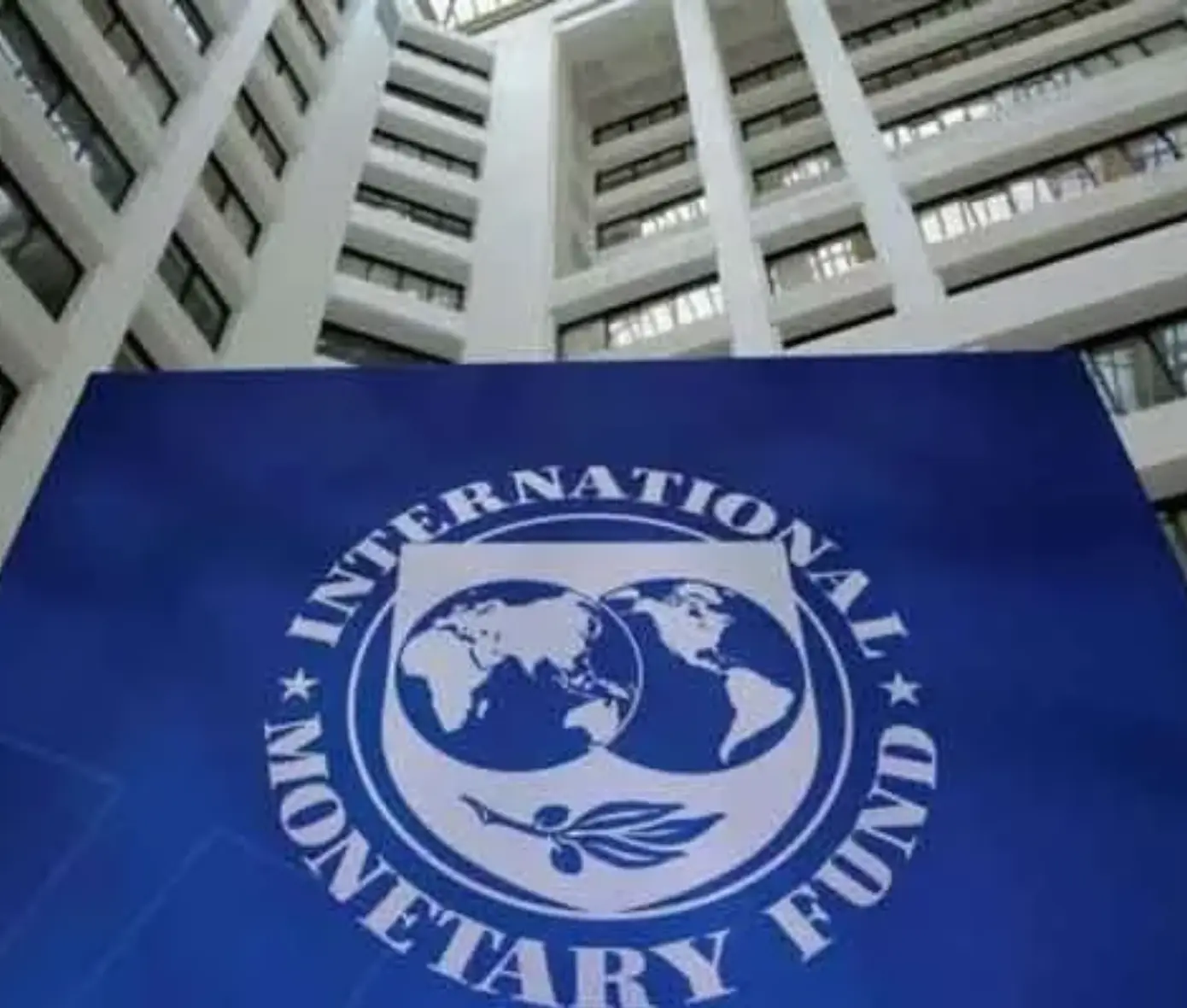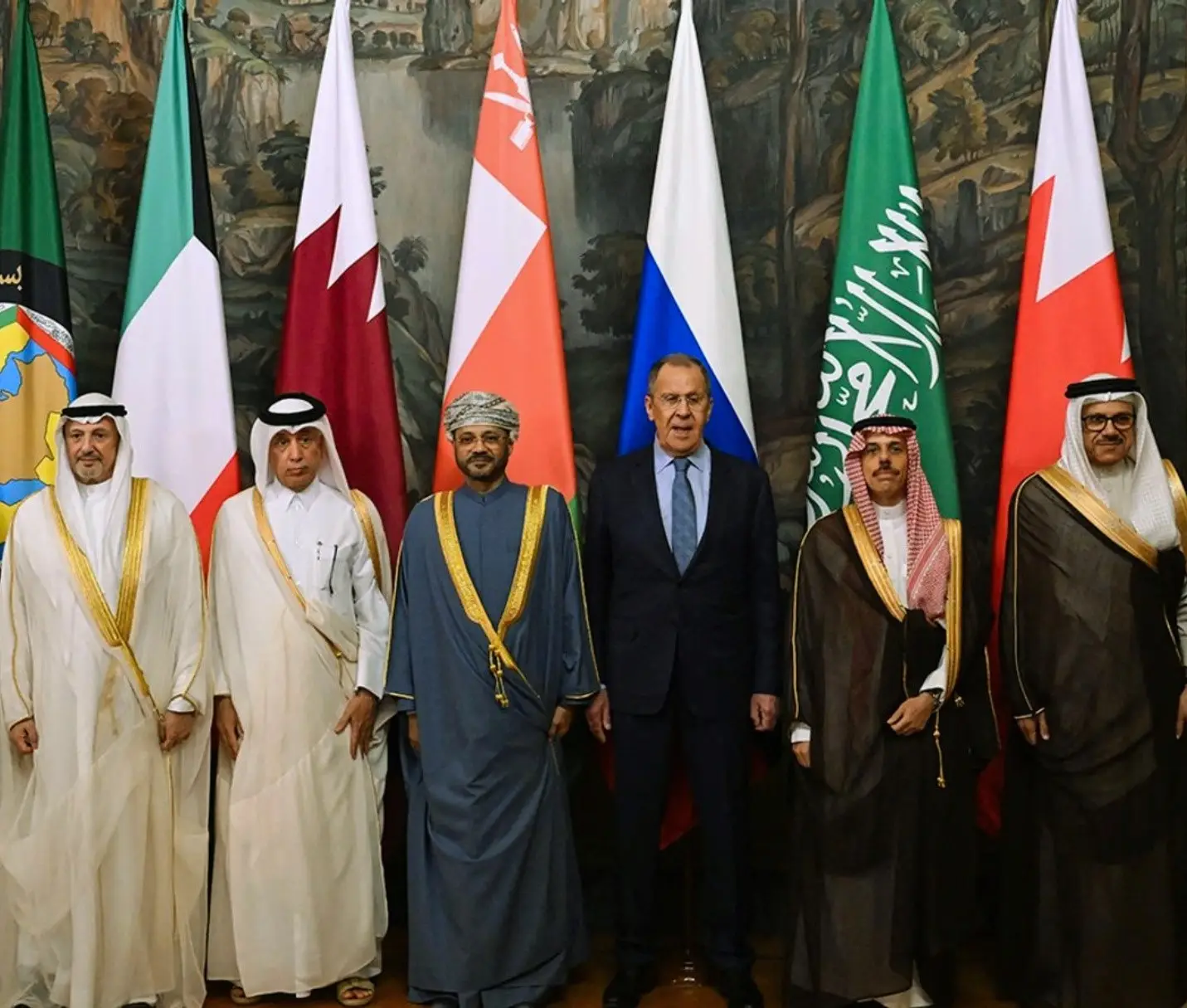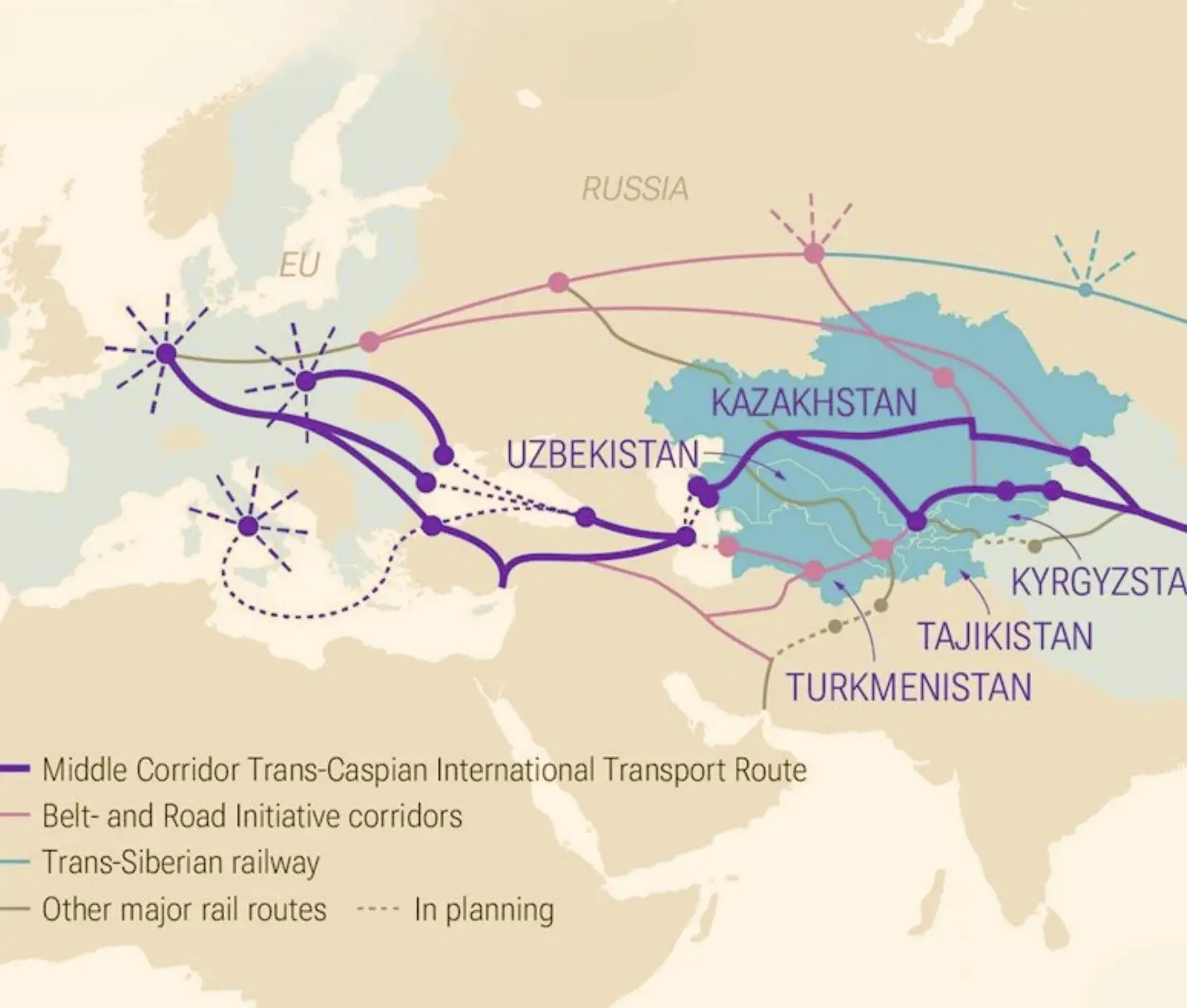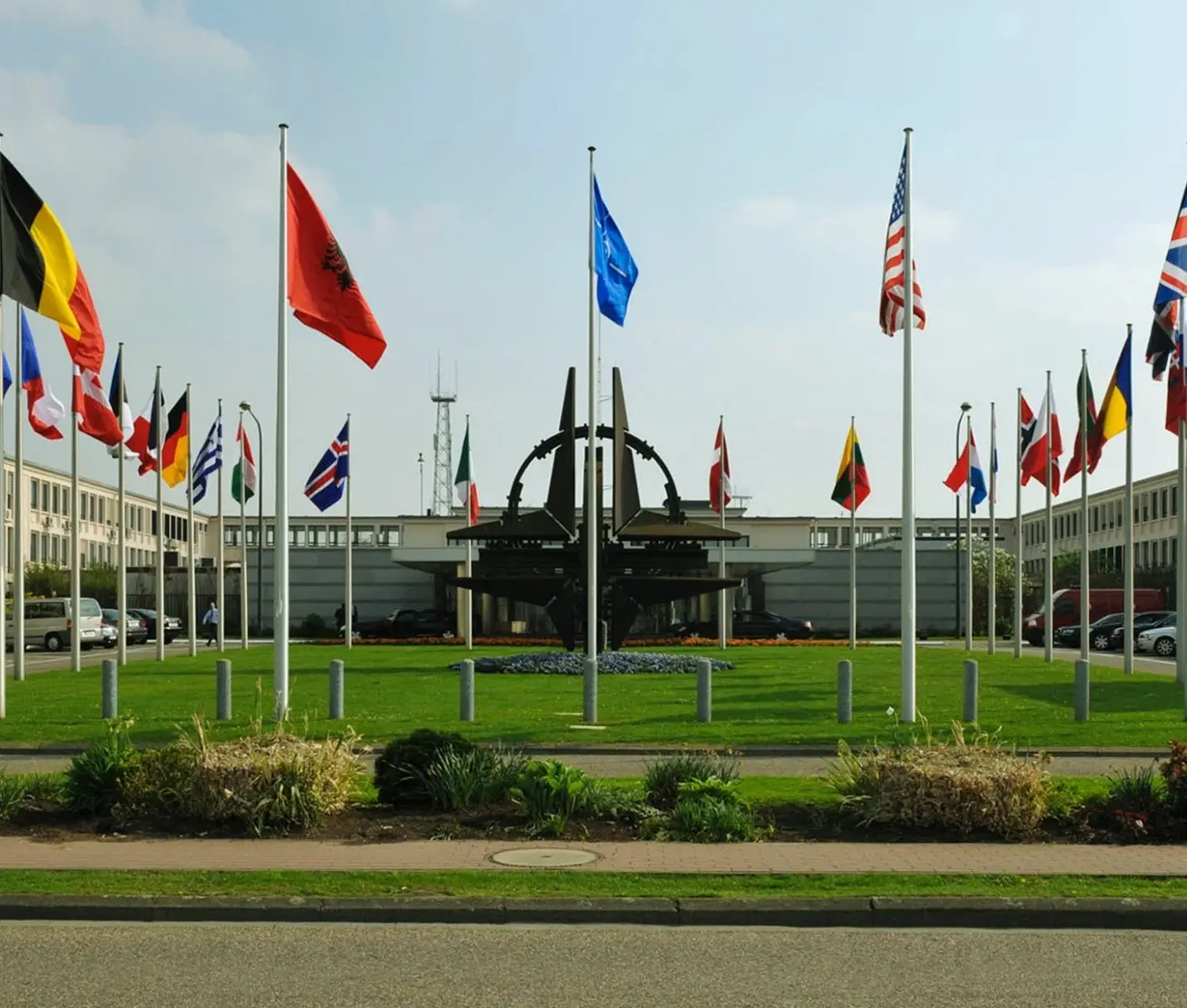The International Monetary Fund (IMF) and Pakistani authorities have made significant progress toward a staff-level agreement on the first review of Pakistan’s 37-month Extended Fund Facility (EFF). Discussions also encompassed a potential new arrangement under the Resilience and Sustainability Facility (RSF), focusing on climate-related reforms to mitigate natural disaster risks.
Despite these advancements, challenges remain in achieving a primary surplus of Rs2.4 trillion for the current fiscal year, addressing persistent losses in the power sector, resolving issues related to state-owned enterprises, and adhering to privatization deadlines. Consequently, the IMF has announced that discussions will continue.
Both parties agreed to enhance tax collection by increasing the number of Point of Sale (POS) machines and implementing video surveillance of manufactured goods, although specific objectives of these measures were not fully clarified.
Finance Minister Mohammad Aurangzeb expressed optimism, noting that program implementation has been strong and that discussions have made considerable progress in several areas, including fiscal consolidation, monetary policy, energy sector reforms, and structural reforms to accelerate growth while strengthening social protection and rebuilding health and education spending.
The IMF team, led by Nathan Porter, visited Islamabad and Karachi from February 24 to March 14, 2025, to hold these discussions. Both sides will continue policy discussions via video conference to finalize these discussions in the coming weeks.





